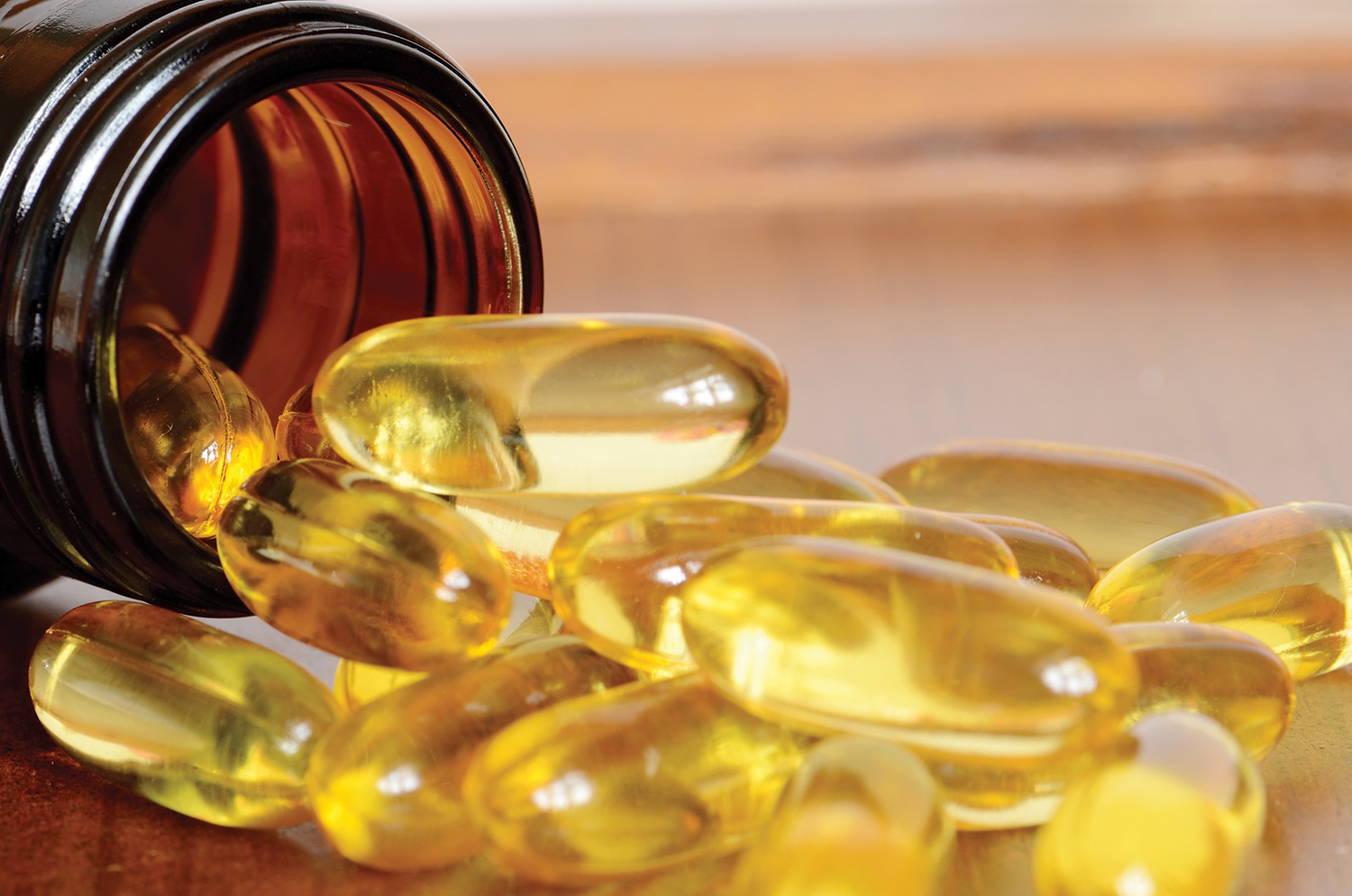It is well established that vitamin D is good for bone health, but researchers continue to debate its other proposed benefits, such as cancer prevention. Epidemiological studies have found that people with low vitamin D levels have higher rates of some types of cancer. But a new randomized trial found that taking vitamin D did not significantly lower women’s risk of cancer.
The study, published in the March 28, 2017, issue of the Journal of the American Medical Association, included more than 2,300 postmenopausal women divided into two groups. Over four years, one group took vitamin D and calcium supplements and the other took placebo pills daily. Women in the supplement group had a slightly lower risk of developing cancer—3.9 percent, compared with 5.6 percent for the placebo group—but this difference was not statistically significant.
It is possible that the study was not large enough to detect any significant effect of vitamin D on cancer, says lead author Joan M. Lappe, a professor at Creighton University College of Nursing in Omaha, Nebraska. Lappe also points out that the participating women had higher-than-average levels of vitamin D before the study began. “Vitamin D is a threshold nutrient,” she explains. “When you get to a certain level, taking more won’t help.” (Lappe does unpaid work for GrassrootsHealth, a nonprofit organization that advocates for vitamin D testing.)
Lappe notes that several larger randomized trials that are underway should help clarify vitamin D’s effect on cancer risk.
Edward Giovannucci, an epidemiologist at the Harvard T.H. Chan School of Public Health in Boston who was not involved with the study, says that future research ideally would include a larger, more diverse group of people. “Although the study was not large enough to be conclusive, it adds important data to the literature,” Giovannucci says.
Cancer Today magazine is free to cancer patients, survivors and caregivers who live in the U.S. Subscribe here to receive four issues per year.





